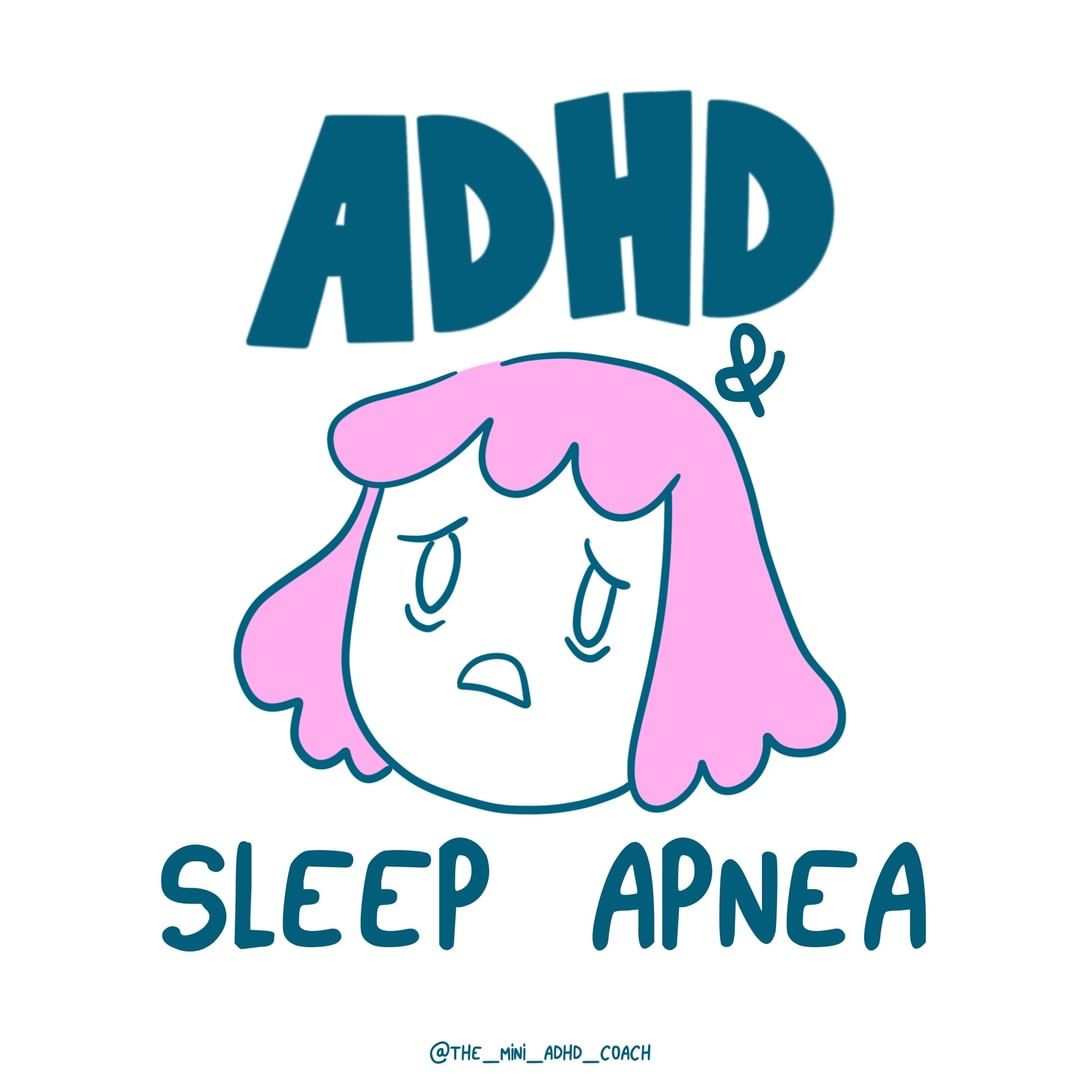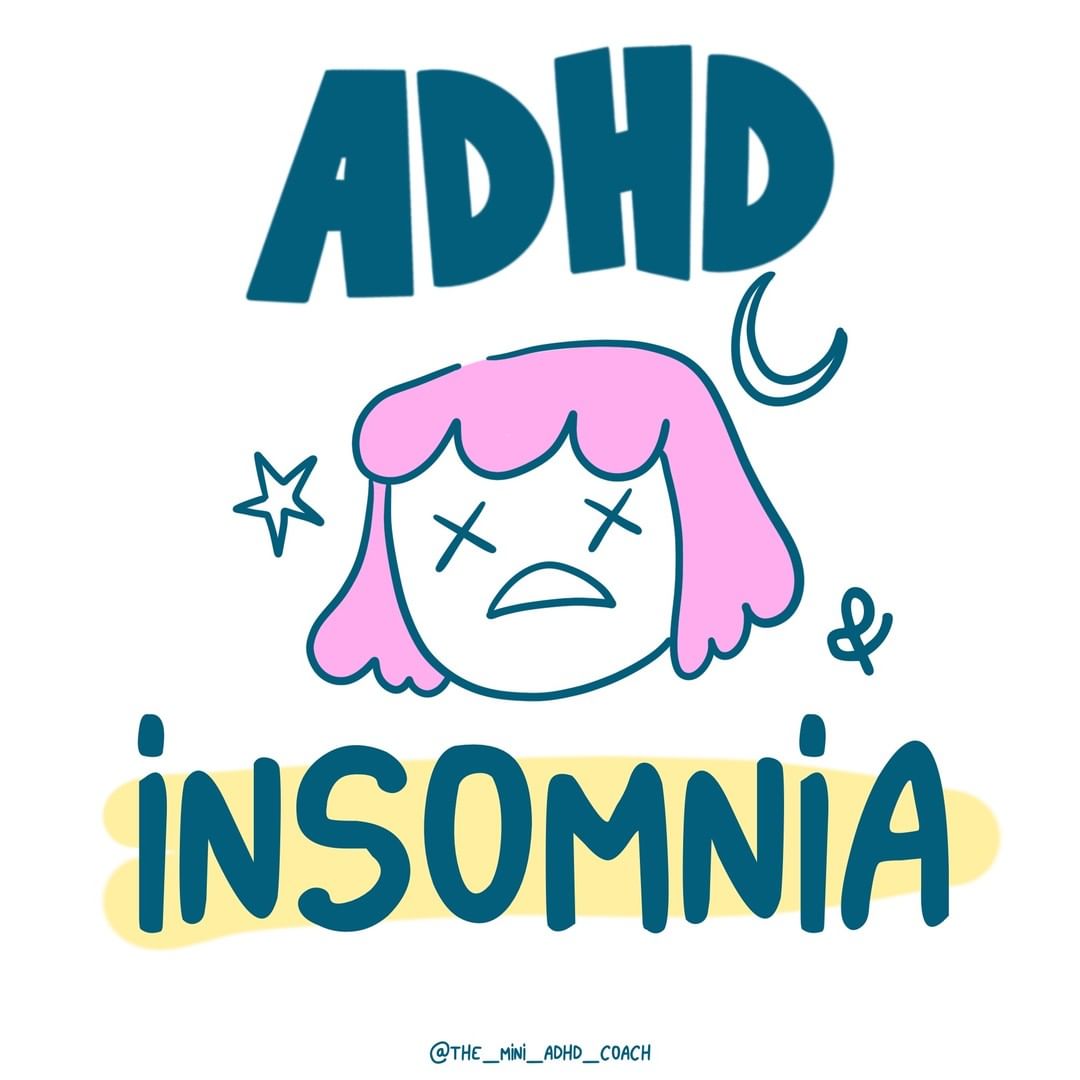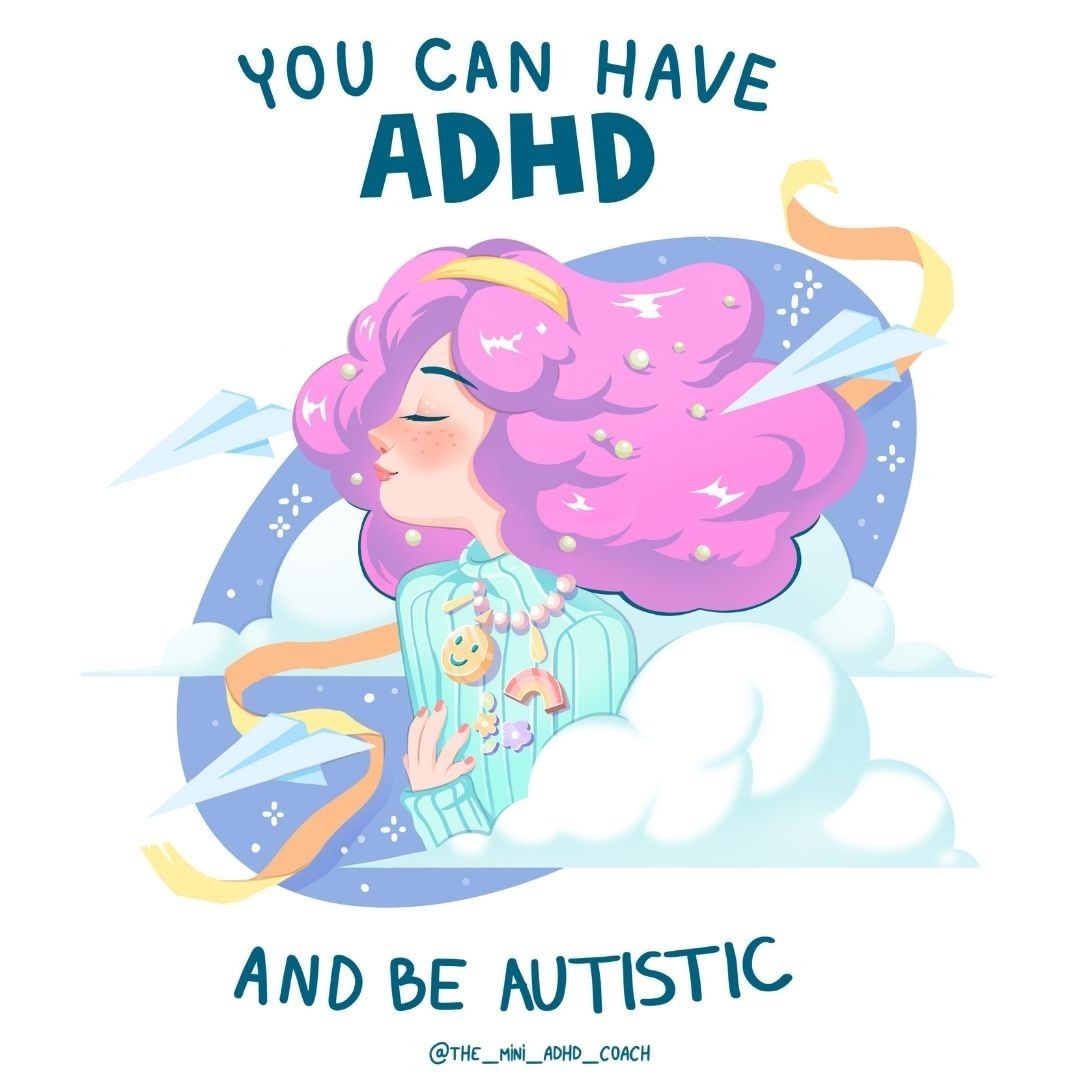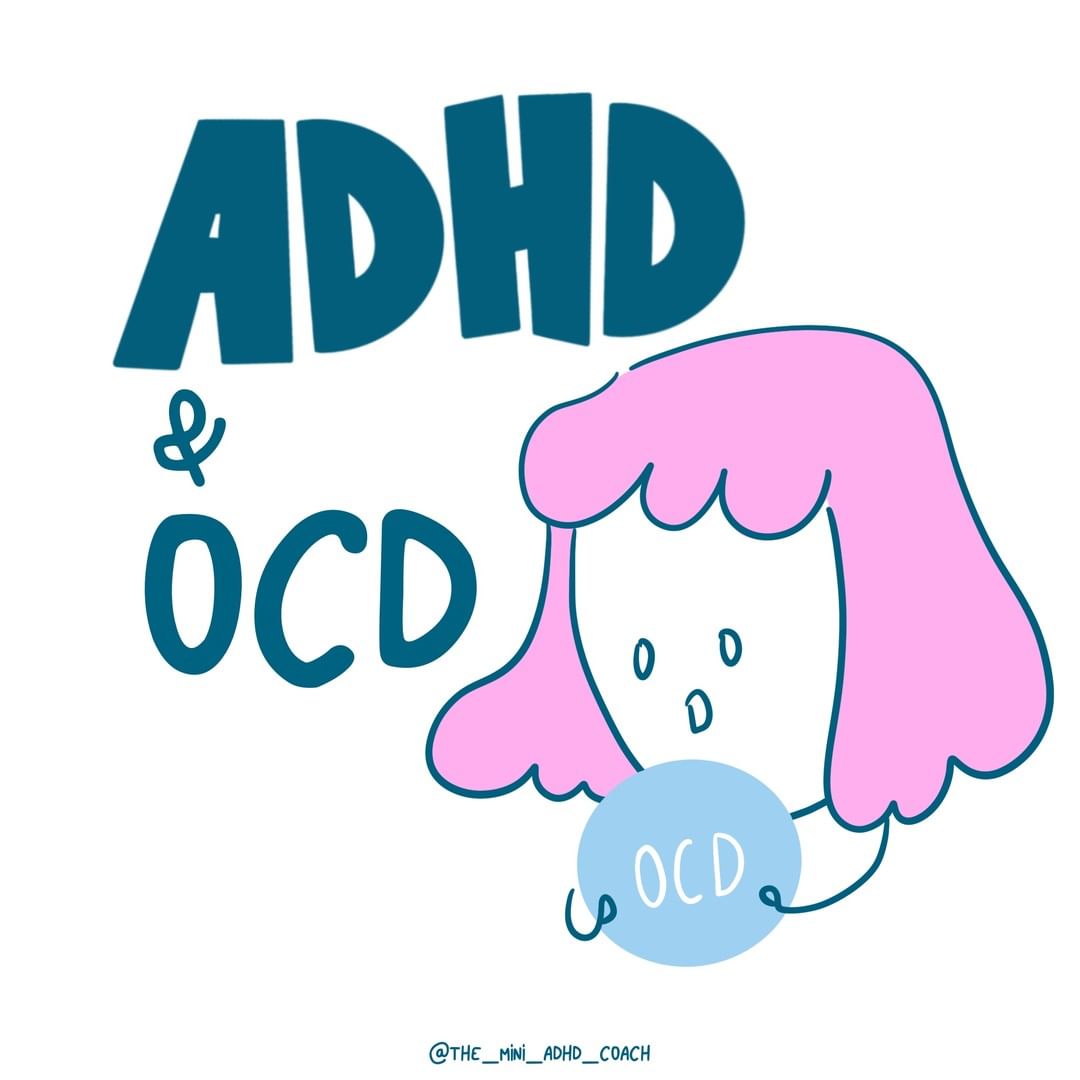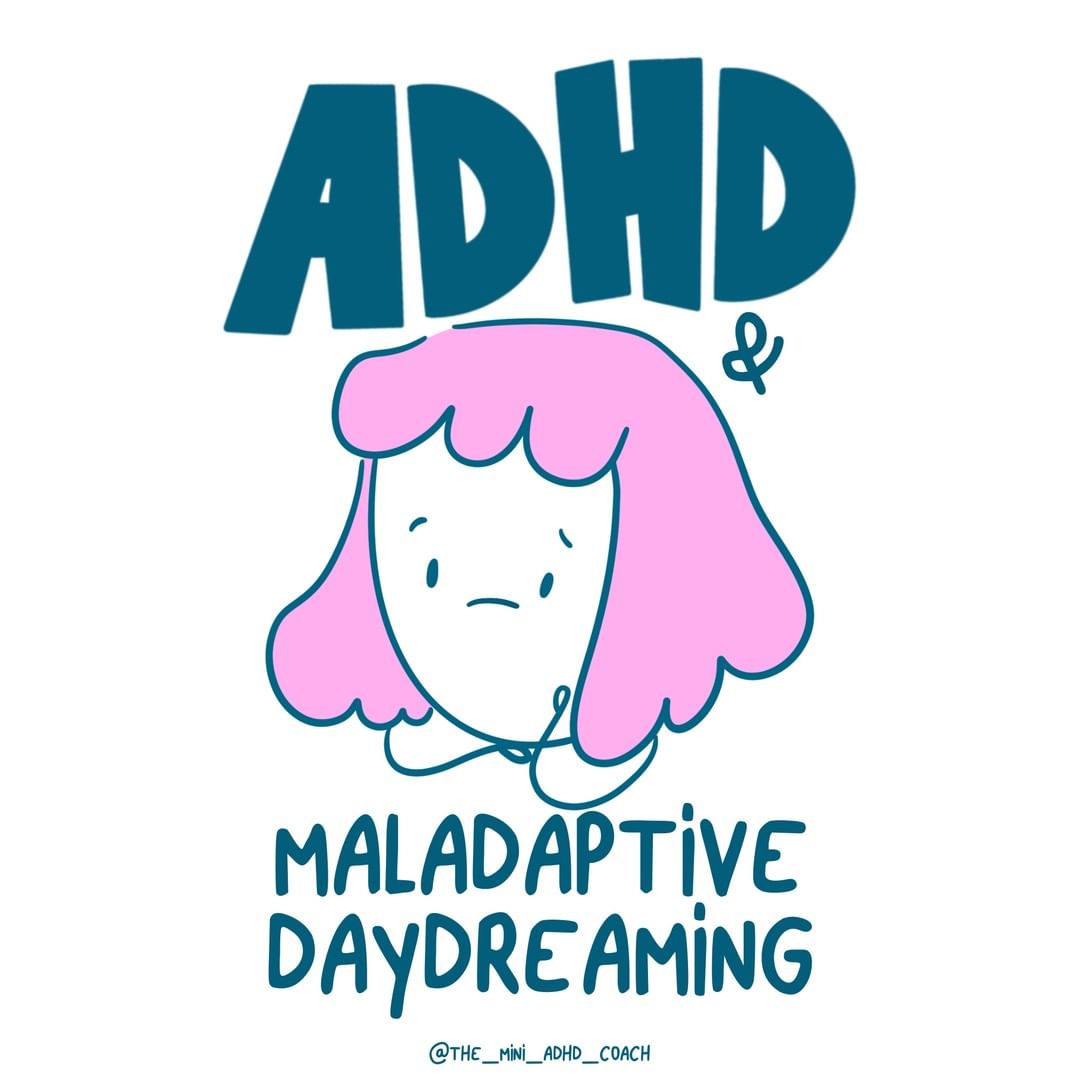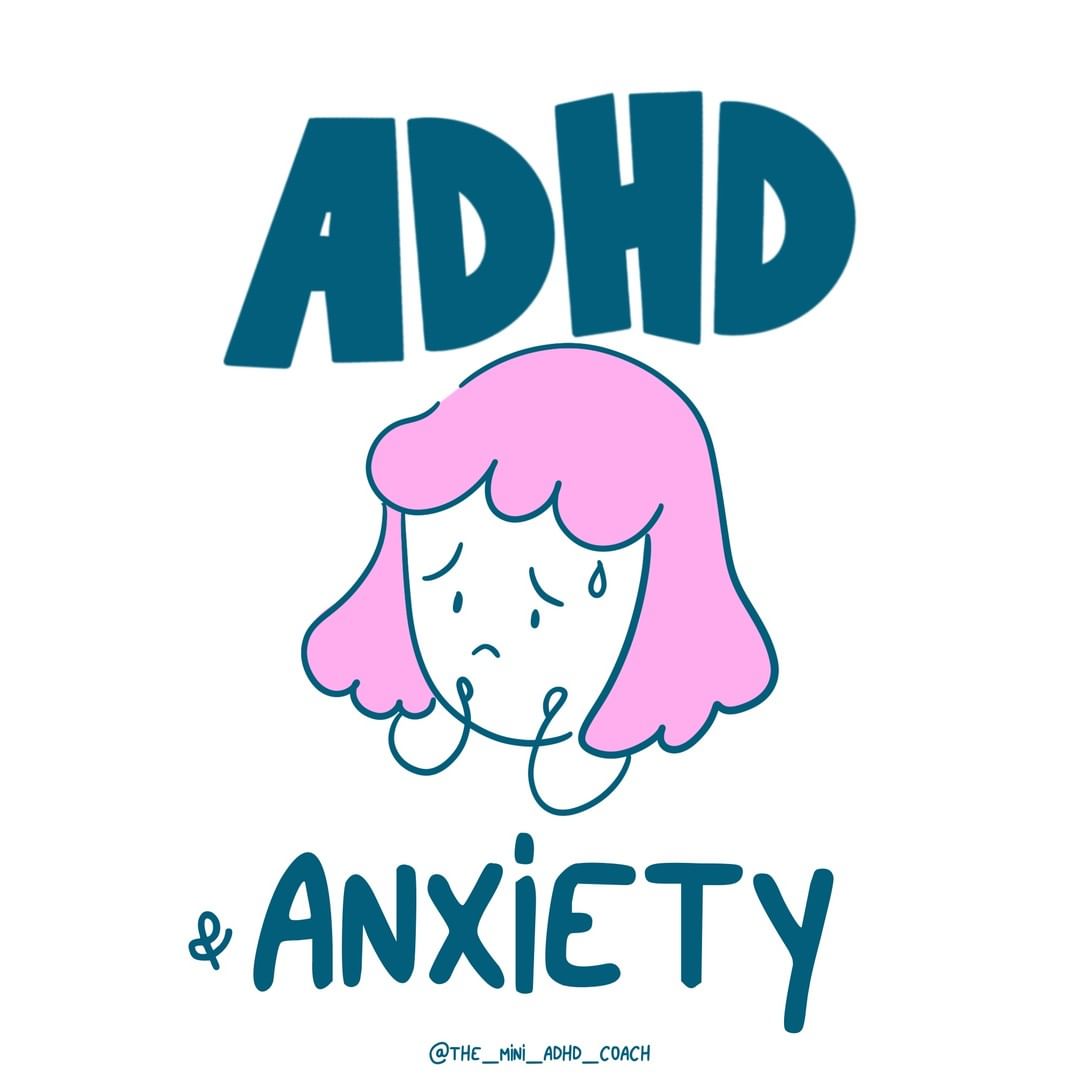
We have created an ADHD Self-Assessment Workbook designed to help you understand ADHD and how its symptoms can affect your life. It should be used alongside your diagnosis process to inform your medical professional.
Learn moreWhat does Comorbid Condition mean?
In general terms, Comorbidity is used to define two or more conditions that coexist in an individual simultaneously.
Treating one condition will not cause the symptoms of the other conditions to resolve as well, meaning both conditions need to be treated concurrently to manage the patient in a better way.

Recognizing comorbid conditions early on is important to recognize the prognosis and accurate management of any disease(5).
The same goes for ADHD comorbidity. It is now established that around 60-80% of individuals with ADHD might have one or more similar conditions impacting their mental health(6). These mental disorders might show through signs of depressive symptoms that can lead to different types of illnesses such as comorbid bipolar disorder, major depressive disorder, comorbid psychiatric disorder, conduct disorder, and such.
So despite a doctor treating you with ADHD medications, you might not feel entirely better due to the existence of said comorbid conditions.
What are Common Comorbid Conditions Associated with ADHD Symptoms?
For the sake of easier understanding, lets group ADHD comorbid conditions into three main groups:
Learning Disorders
Children with ADHD might have varying degrees of difficulty in school or learning at a pace comparable to other children their age. While ADHD symptoms might be contributing to this learning difficulty, often up to 45% of these children might be suffering from a comorbid condition that is keeping them from learning at a normal pace(7). This could result in a childhood depression that will eventually affect them as they grow into adulthood.

A learning disability does not necessarily mean an intelligence deficit, it can simply refer to a decreased ability in one or more areas of learning, including reading, writing, speaking and understanding(8).
Some common learning disabilities that coexist with ADHD include:
- Dyslexia: difficulty reading words
- Dysgraphia: difficulty writing
- Dyscalculia: difficulty doing calculations
According to research, boys with ADHD have a higher chance of up to 65% of developing learning difficulty, while girls with ADHD have a 57% risk of having a learning disability (9). This could also be related to autism spectrum disorders where people that are affected by it are having a hard time learning and focusing on a certain task.
How are children with ADHD managed for learning disability?
Children with ADHD having comorbid disorders need a multidisciplinary approach from a psychiatrist and occupational therapist along with teachers trained to help such children.
A doctor could help by giving the child ADHD medications that are aimed to minimize the symptoms of ADHD, while occupational therapy helps the child overcome his deficit by devising ways he can learn despite his shortcomings.
It is often a bumpy road to good results, but it's always possible with the right amount of determination.
Mood and Conduct Disorders
Conduct disorders and mood disorders constitute a major portion of ADHD comorbidities. These are more common in adults with ADHD but can also present in children with the disorder.

Common symptoms of Mood-related or conduct disorders include:
- Low mood
- Persistent fatigue
- Loss of appetite despite being physically healthy
- Lack of interest in activities
- Anti-social behavior
- Repetitive bursts of sudden anger or sadness
- Meltdowns
- Unexplained irritability
- Irrational feelings of guilt
- Sleep disturbances
- Increased sensitivity to certain sounds or lights
Individuals often present with a myriad of symptoms and no two individuals will have the same symptoms necessarily. It’s important to recognize these signs and symptoms early on so they can be managed from the beginning.
Conduct or mood disorders more likely to present in childhood include:
- Oppositional Defiant Disorder (ODD)
- Depressive/Dysthymic Disorder
- Generalized Anxiety Disorder (GAD)
- Autism Spectrum Disorder (ASD)
The most common of these happened to be ODD, with a prevalence of up to 41% in children with ADHD(10).
Mood disorders that are more common in adult ADHD include:
- Major depressive disorder
- Bipolar disorder
- Anxiety Disorder
- Substance Abuse Disorder
- Oppositional Defiant Disorder
- Psychiatric Disorders
- Conduct Disorder
- Anxiety disorder
- Comorbid Disorders
- Panic Disorder
The most common of which happen to be anxiety disorders, with up to 47.1% prevalence in adults with ADHD. Among anxiety disorders, social phobia is the commonest with a prevalence of 29.3%(11).

Given the stats above, it's safe to say that people with ADHD are more likely to develop mood or conduct disorders than ones without ADHD. In light of this fact, doctors and caregivers should pay close attention to patients with diagnosed ADHD and offer routine analysis to rule out the presence of other psychiatric disorders. It is also important that ADHD treatment should be monitored to avoid substance abuse by the affected person.
Start your ADHD diagnosis journey! Evaluate your symptoms, organize your thoughts, and prepare for your official assessment.
Buy Now
Frequently Asked Questions about ADHD Comorbidities
Is there a relationship between the prevalence of comorbidities and the different subtypes of ADHD?
Yes. The prevalence of psychiatric comorbidities can vary with the type of ADHD.Anxiety and depressive disorders are more common in inattentive subtypes of ADHD(14).While overall symptoms of comorbidities such as bipolar disorder, depression, conduct disorder, and substance abuse disorder are more common in the combined subtype of ADHD than hyperactive or inattentive subtypes.(15)
How to know if your symptoms are primarily ADHD or a psychiatric comorbidity?
Truth be told, there is no clear-cut method or lab test that could tell you exactly what is causing your psychiatric symptoms. It takes an experienced adolescent psychiatrist to determine this properly. Usually, when people start treatment for ADHD and continue to experience new or persistent psychiatric symptoms, there might be a possibility that they have psychiatric comorbidity. In this case, the doctor will take a detailed history of said symptoms and then, he might start the patient on additional medications for other disorders for a short period of time before establishing a diagnosis. He will observe whether these new medications bring forth a positive change in symptoms. And then ultimately, he’ll know if your symptoms were mainly due to ADHD or another underlying condition that needs to be treated.




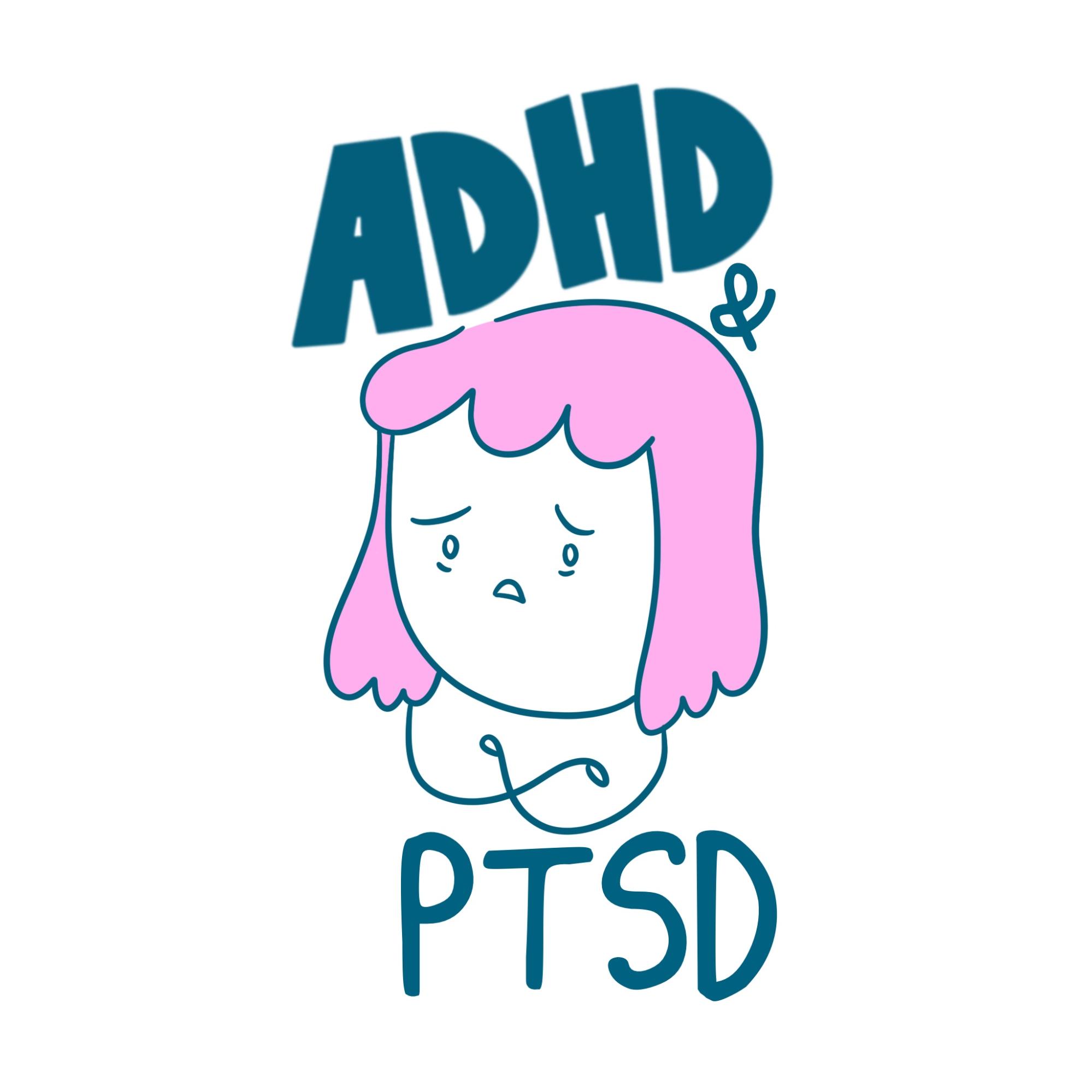

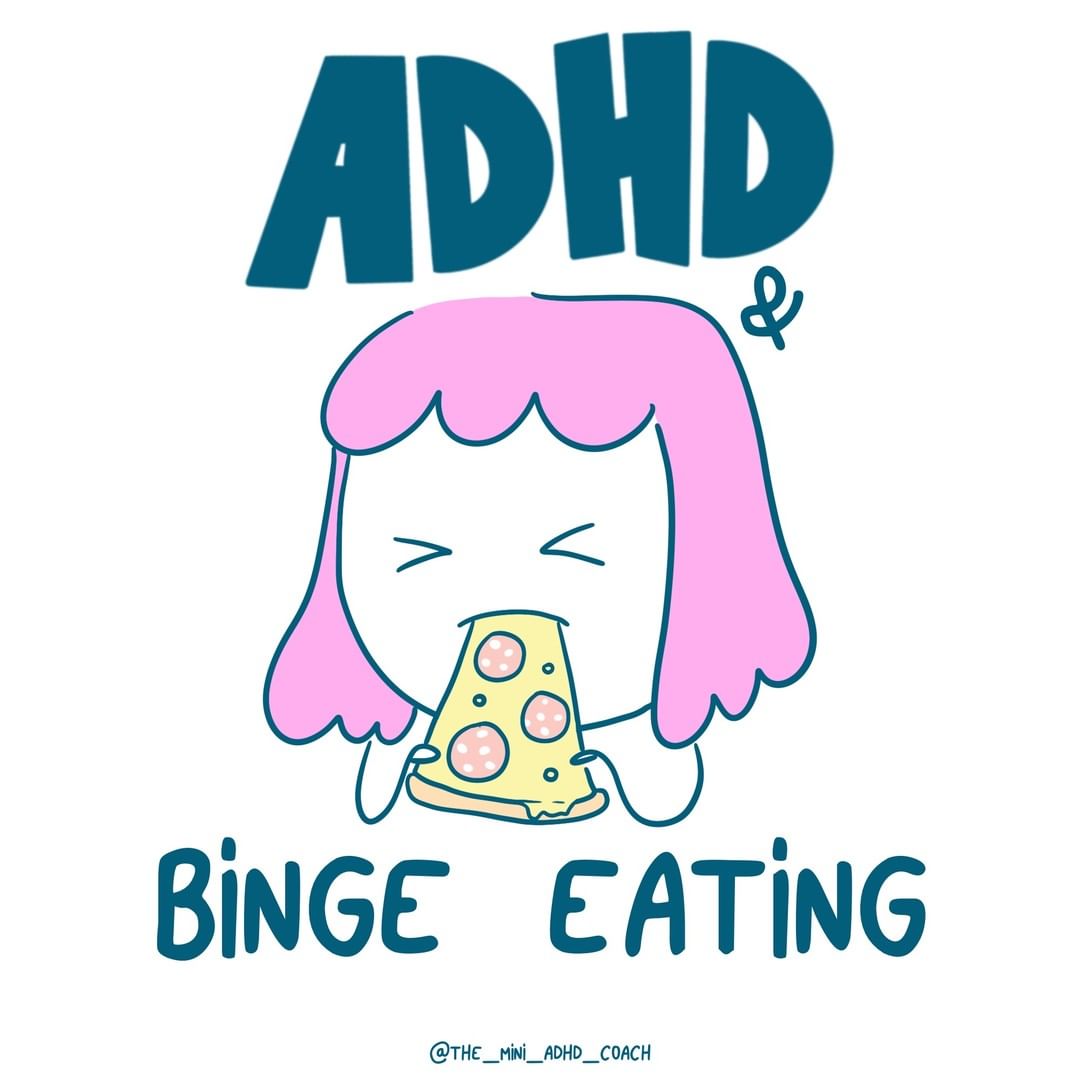


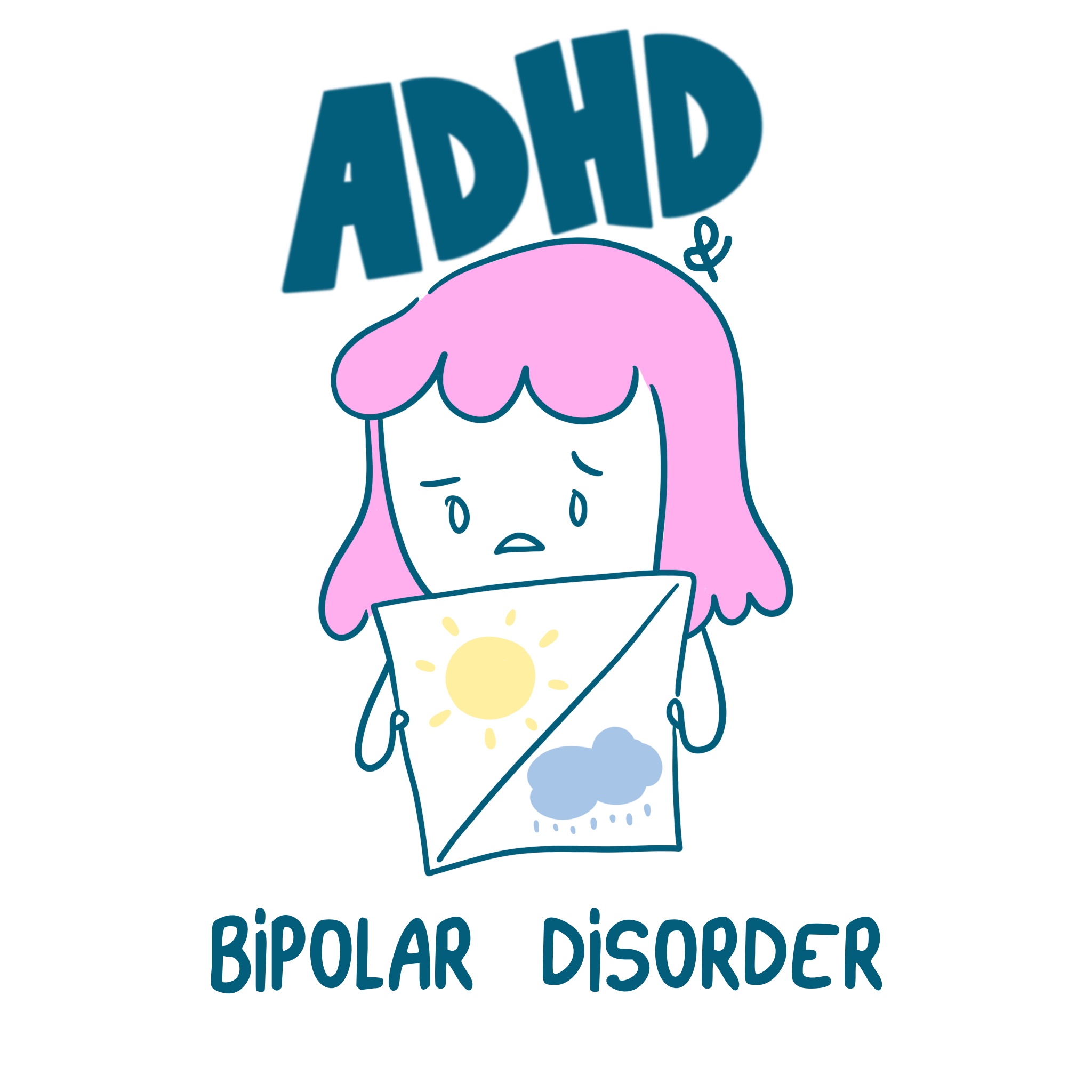
.jpg)
